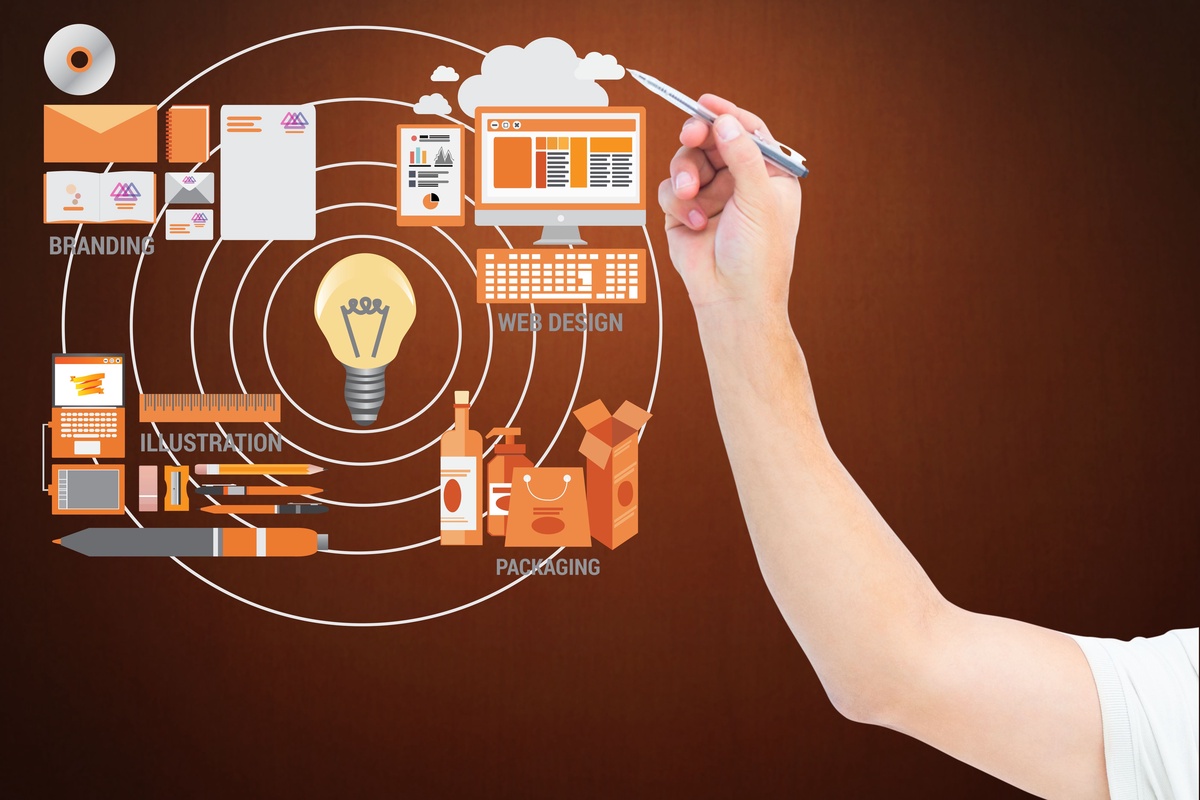In today's dynamic financial markets, the evolution of modern trading software has revolutionized the way traders execute trades, analyze market data, and manage their portfolios. With the advent of cutting-edge technologies such as blockchain, trading software development has entered a new era of innovation and transformation. In this article, we will explore the must-have features for modern trading software, with a particular focus on the integration of blockchain technology.
Key Features of Modern Trading Software:
-
User-Friendly Interface:
A user-friendly interface is paramount for modern trading software to ensure a seamless and intuitive user experience. Traders should be able to navigate the platform effortlessly, execute trades with ease, and access real-time market data without any hassle. Intuitive design elements, customizable layouts, and responsive interfaces are essential components of a user-friendly trading platform.
-
Real-Time Market Data:
Access to real-time market data is crucial for traders to make informed decisions and react quickly to market developments. Modern trading software should provide up-to-date stock quotes, price charts, order books, and other relevant market information. Advanced charting tools and technical indicators empower traders to conduct in-depth analyses and identify profitable trading opportunities in real-time.
-
Order Management:
Efficient order management is essential for executing trades accurately and efficiently. Modern trading software should support a variety of order types, including market orders, limit orders, stop-loss orders, and more. Advanced order management features such as order routing, order modification, and order cancellation enhance flexibility and control for traders.
-
Portfolio Management:
Effective portfolio management is key to maximizing returns and minimizing risk in trading. Modern trading software should offer robust portfolio management tools that allow traders to track their investments, monitor portfolio performance, and analyze key metrics. Features such as portfolio rebalancing, asset allocation analysis, and performance reporting enable traders to optimize their portfolios and achieve their financial goals.
-
Research and Analysis:
Access to comprehensive research and analysis tools is essential for making informed trading decisions. Modern trading software should provide access to fundamental analysis, technical analysis, market news, and research reports from reputable sources. Advanced analytics tools, such as data visualization, trend analysis, and sentiment analysis, help traders identify market trends and patterns and develop winning trading strategies.
-
Risk Management:
Effective risk management is critical for protecting capital and minimizing losses in trading. Modern trading software should offer robust risk management features that allow traders to set stop-loss levels, manage position sizes, and implement risk-reward ratios. Features such as margin trading controls, risk assessment tools, and risk alerts help traders mitigate risks and preserve capital in volatile market conditions.
-
Mobile Compatibility:
In today's fast-paced world, traders need the flexibility to trade on the go. Modern trading software should be compatible with mobile devices, allowing traders to access the markets and manage their trades from anywhere, anytime. Native mobile applications for iOS and Android devices enable traders to stay connected to the markets and react quickly to market developments while on the move.
-
Security:
Security is paramount in trading software development, given the sensitive financial information and transactions involved. Modern trading software should adhere to industry best practices for security, including encryption, multi-factor authentication, and secure data storage. Blockchain technology, with its decentralized and immutable ledger, offers enhanced security and transparency for trading software, making it an attractive option for modern trading platforms.
Integration of Blockchain Technology:
Blockchain technology has emerged as a game-changer in the financial industry, offering unparalleled security, transparency, and efficiency for trading software development. By leveraging blockchain technology, modern trading software can unlock a range of benefits, including:
-
Decentralized Trading:
Blockchain enables decentralized trading platforms that operate without intermediaries or centralized control. Decentralized exchanges (DEXs) facilitate peer-to-peer trading of digital assets directly on the blockchain, eliminating counterparty risk and reducing trading fees.
-
Immutable Ledger:
Blockchain's immutable ledger ensures transparent and tamper-proof record-keeping for trading transactions. Every trade executed on a blockchain-based trading platform is recorded on the blockchain securely and transparently, providing verifiable proof of ownership and transaction history.
-
Smart Contracts:
Smart contracts are self-executing contracts coded on the blockchain that automatically execute predefined terms and conditions when certain conditions are met. Smart contracts enable automated trade settlement, clearing, and asset tokenization, streamlining post-trade processes and reducing settlement times.
-
Tokenization of Assets:
Blockchain enables the tokenization of real-world assets, such as stocks, bonds, commodities, and real estate, by representing them as digital tokens on a blockchain network. Asset tokenization enhances liquidity, reduces friction in asset transfer, and enables fractional ownership of traditionally illiquid assets.
-
Enhanced Security:
Blockchain's decentralized and cryptographic nature offers enhanced security for trading software, mitigating risks associated with data breaches, hacking, and fraud. By leveraging blockchain technology, trading platforms can enhance security, protect user data, and build trust among traders.
Conclusion:
Modern trading software plays a crucial role in facilitating efficient and transparent financial markets, empowering traders with advanced tools and features to succeed in their trading endeavors. By incorporating must-have features such as user-friendly interfaces, real-time market data, order management, portfolio management, research and analysis tools, risk management, mobile compatibility, and security, trading platforms can deliver superior trading experiences for traders of all levels.


No comments yet